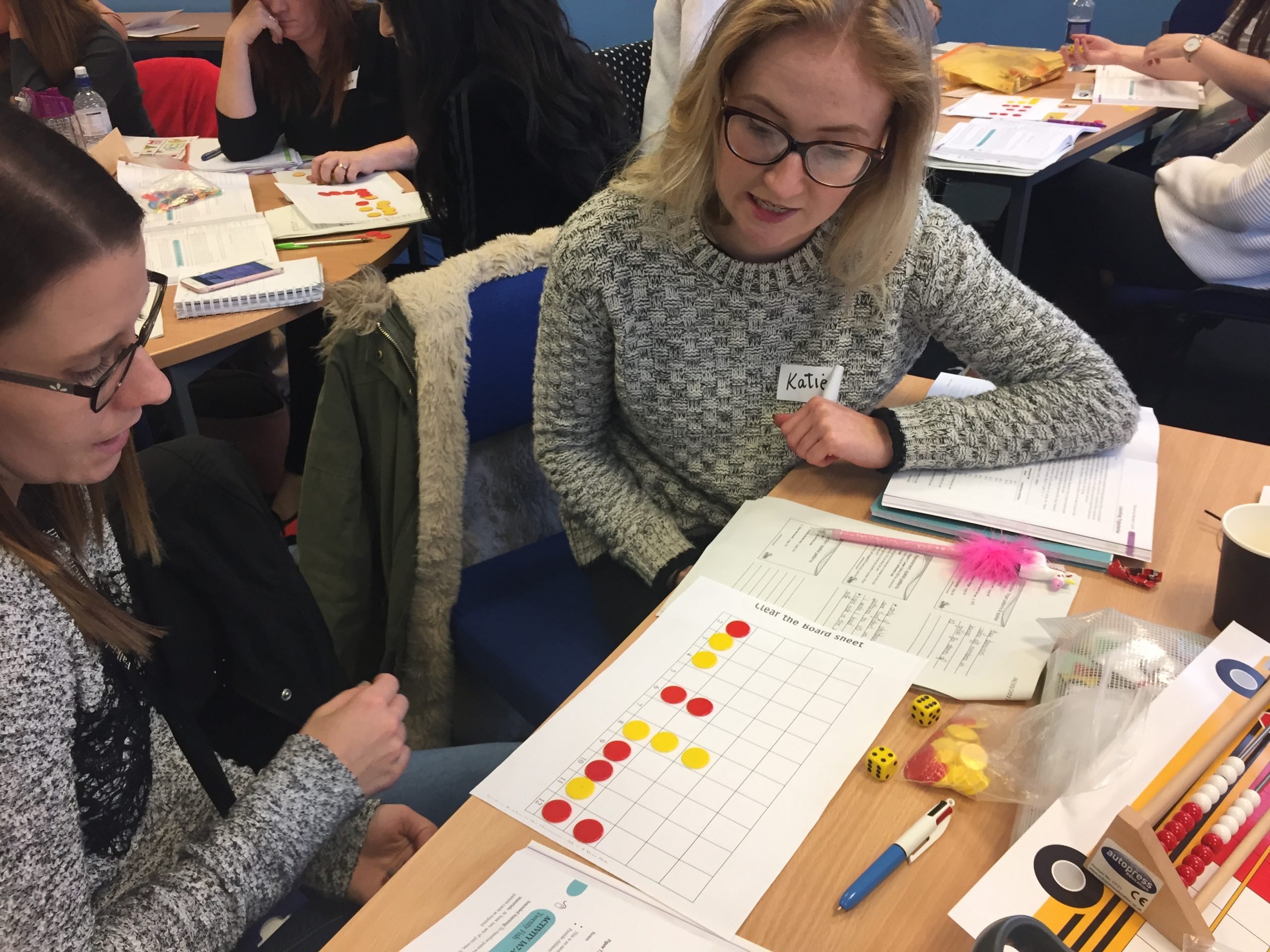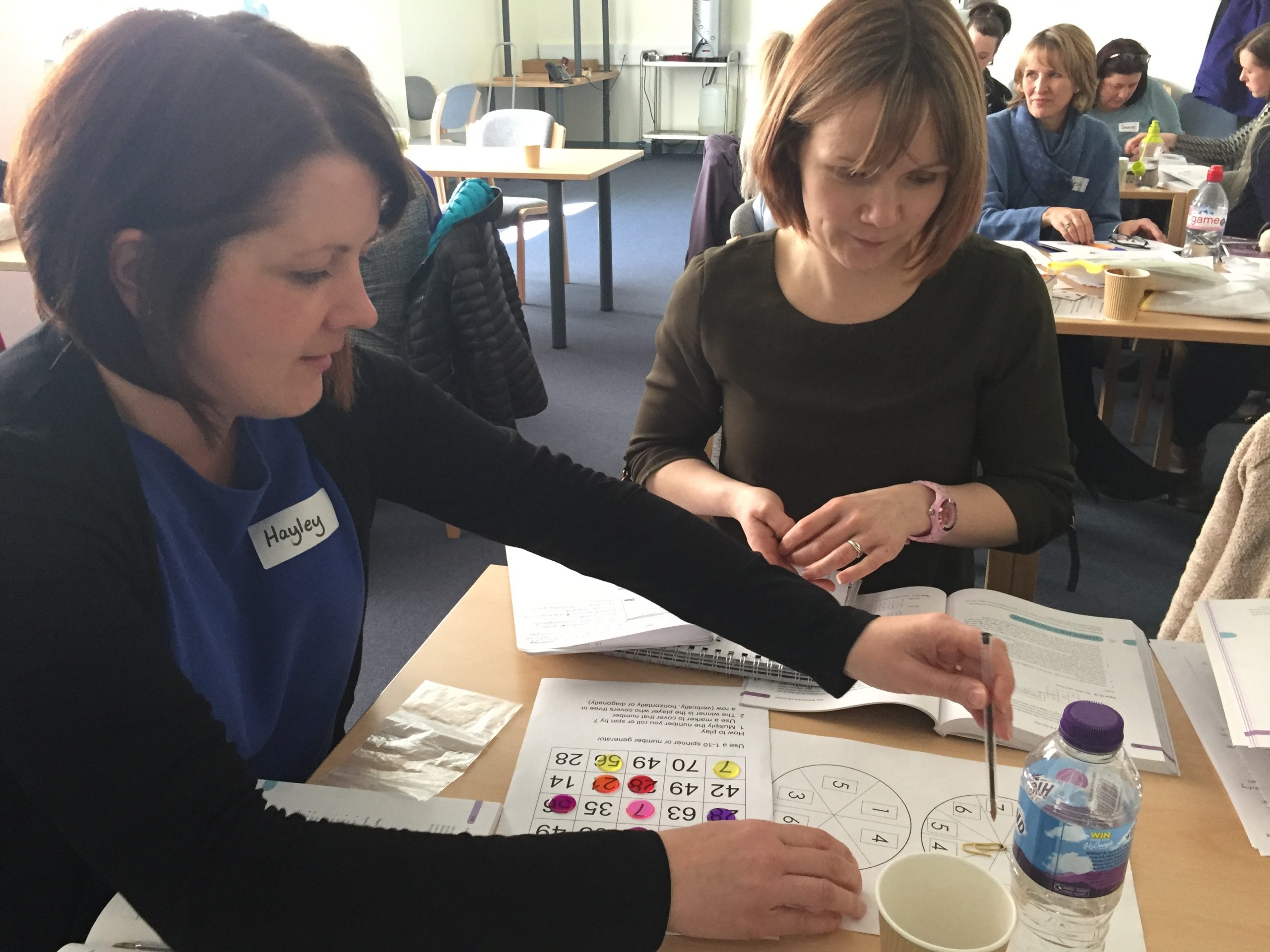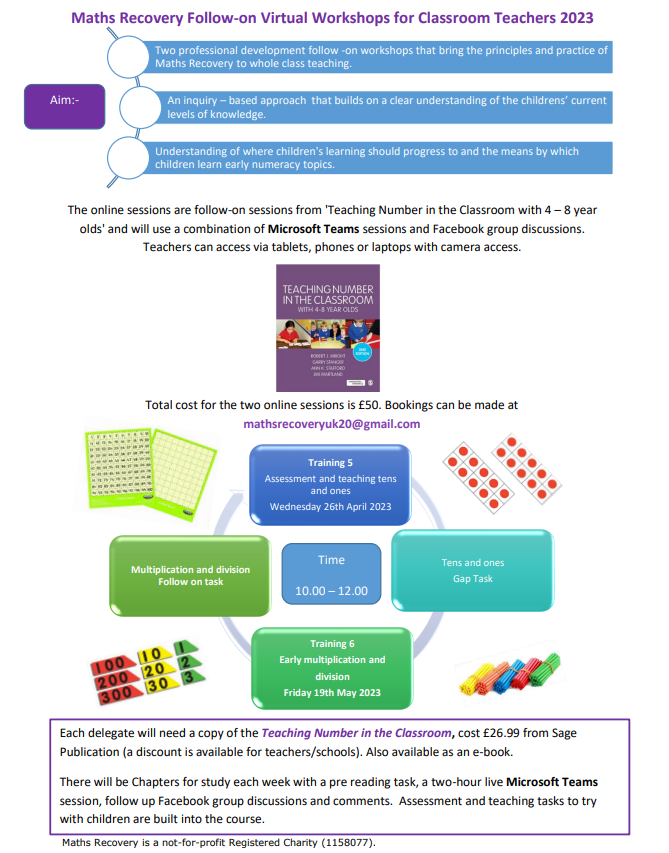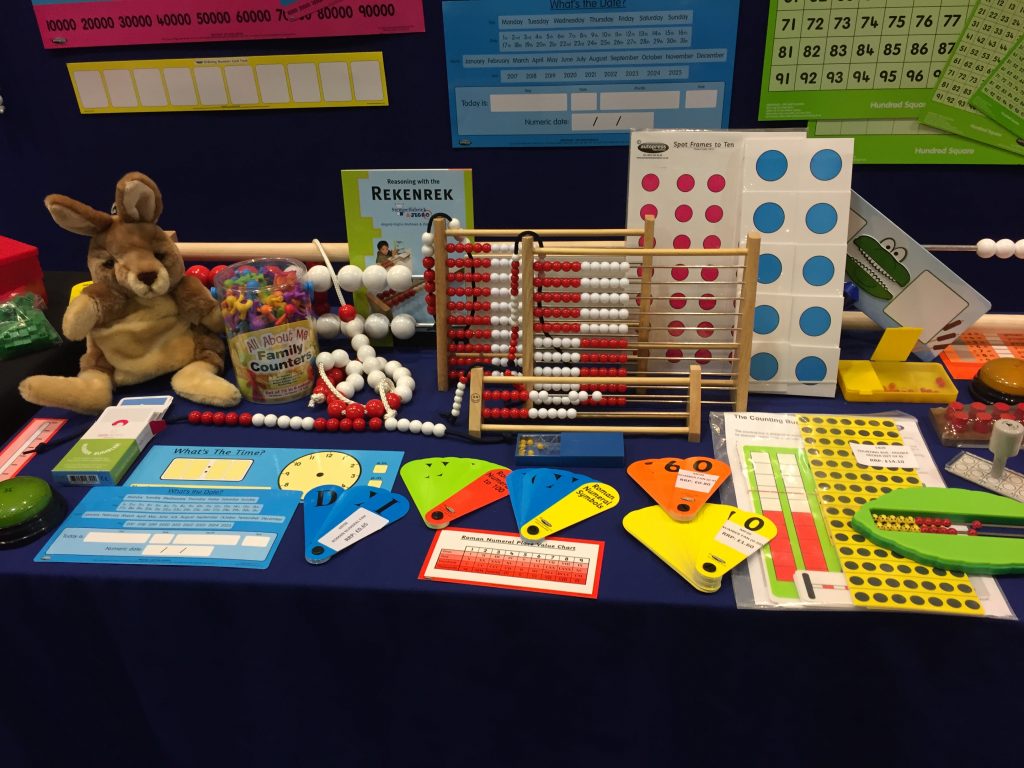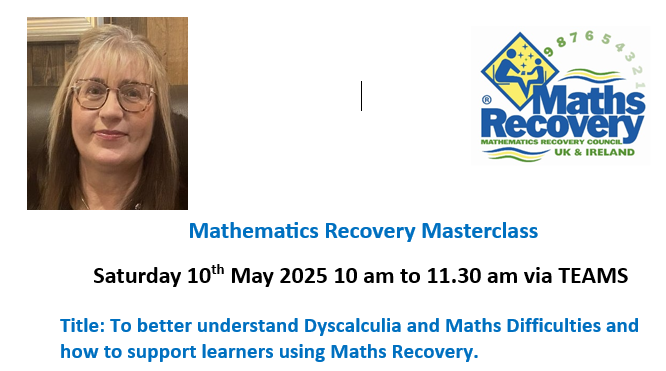 Recent Events:
Recent Events:
- 2019 MATHS RECOVERY INTERNATIONAL CONFERENCE
- Teaching Number in the Classroom for 4- to 8-year-olds
- Developing Number Knowledge Assessment, Teaching and Intervention with 7-11 year olds
- Follow on Virtual Workshop Tens and Ones and Multiplication and Division
- Virtual Workshops for Classroom Teachers
- Maths Recovery Intervention Specialist Course
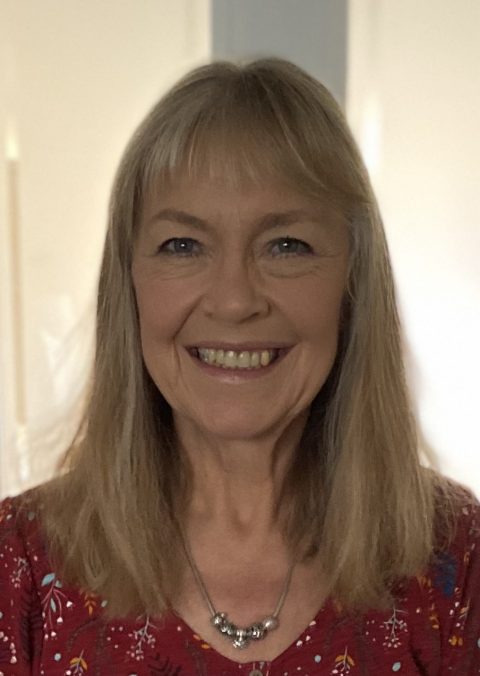
Charlotte Madine
Charlotte is currently Chair of the Mathematics Recovery Council UK and Ireland and has been an active member of the Maths Recovery community for over 20 years. She has extensive national and international experience working with students, teachers and Local Authorities to improve the quality of mathematics instruction including supporting large-scale initiatives and implementations of Maths Recovery.
Charlotte was Senior Adviser with the National Strategies where she led programmes of work delivered nationally, implementing national policy and strategy to secure improved standards in literacy and numeracy. Prior to this she was a classroom teacher, an advisory teacher and Numeracy Consultant for Knowsley MBC in the North West of England leading improvement and change.
Charlotte has written and edited for publishers on mathematics and was a contributing author to ‘Teaching Number in the Classroom’ Sage Publications 2006/2014.
Charlotte holds a B.A., P.G.C.E. and a Certificate in the Advanced Study of Education (Maths Recovery) from Liverpool University and a N.P.Q.H. from Manchester University. She is an NCETM Professional Development Accredited Lead and is currently Honorary Secretary for the National Association of Mathematics Advisers (NAMA) and contributes to their professional development programme of events.
Recent News & Events
Mathematics Recovery Masterclass
Catherine Staunton Unsworth


